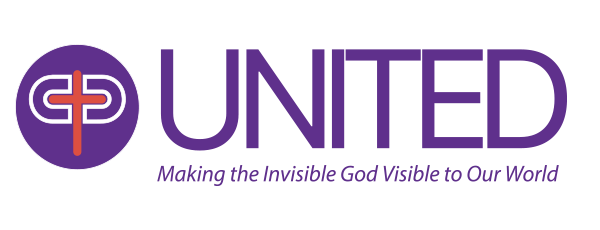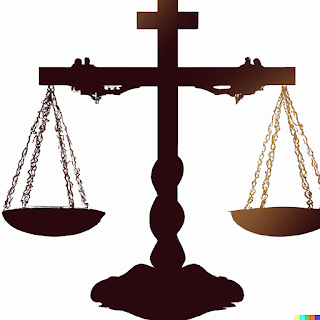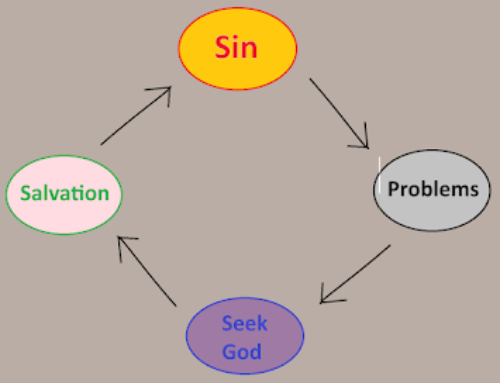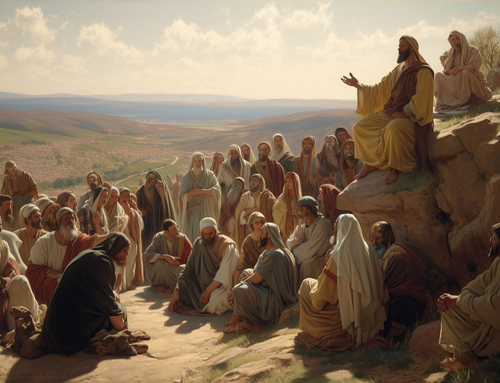Every day, we find ourselves questioning what’s real and what’s not in the way we talk to each other, make choices, and take in information. It’s like truth is always being tested in everything we do. The truth is not just a concept reserved for formal settings like courtrooms or classrooms; it’s a constant presence in the ebb and flow of our daily lives. Take, for instance, the conversations we have with others. Whenever we talk to someone, it’s like we’re dancing through a world of different ideas and views. We have to dig deep through all the chatter to find what’s truly real and honest. Whether we’re chatting about the news with a friend or trying to find middle ground with a coworker, figuring out what’s true takes a mix of critical thinking, active listening, and discernment.
When we’re truly engaged and curious, these moments of interacting with others become opportunities to not only discover what’s real but to also gain a deeper understanding of the world around us. We have to ask questions, dig beneath the surface, and be willing to challenge our own beliefs. As a believer in Jesus Christ, I believe the word of God shows us how to navigate this mining of truth with God’s wisdom. Allowing us to discover that understanding truth goes beyond just being smart; it calls for empathy, a pure spirit, and a firm dedication to seeking genuine connections and authenticity in everything we do.
Proverbs 14:15 tells us,
The simple believe anything, but the prudent give thought to their steps.
The one who states his case first seems right, until the other comes and examines him.
1 Thessalonians 5:21 tells us to
test everything; hold fast what is good.
Beloved, do not believe every spirit, but test the spirits to see whether they are from God, for many false prophets have gone out into the world.
May the light of the Lord guide your steps in this dark world.







